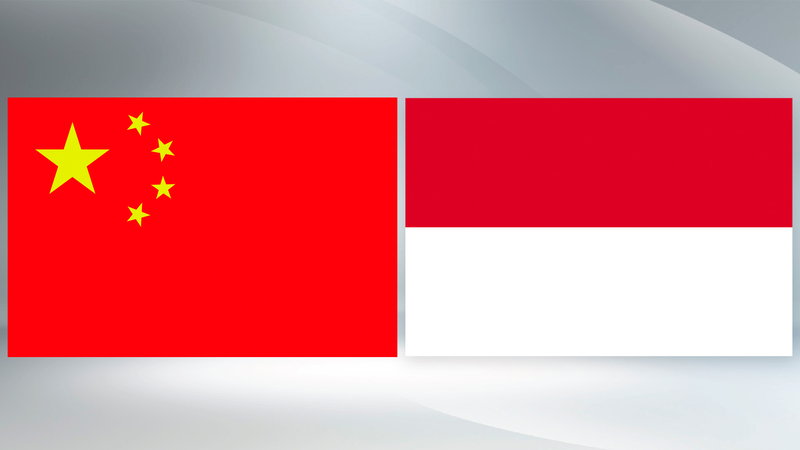In a landmark meeting in Beijing this Monday, Chinese Foreign Minister Wang Yi and Indonesian Foreign Minister Sugiono unveiled plans to deepen ties with a suite of flagship connectivity projects, aiming to accelerate modernization in both countries.
The first-ever ministerial dialogue between foreign and defense ministers marked a milestone in China-Indonesia relations, coinciding with the 75th anniversary of diplomatic ties and major global commemorations like the 80th anniversary of the United Nations and the 70th anniversary of the Bandung Conference.
Wang Yi emphasized aligning China's modernization strategy with the Golden Indonesia 2045 vision through high-quality cooperation under the Belt and Road Initiative. Key priorities include the Jakarta-Bandung High-Speed Railway, the Two Countries, Two Parks initiative, and the Regional Comprehensive Economic Corridor to boost trade, investment, and regional connectivity.
Both sides also reiterated support for free trade, a stable supply chain, and safeguarding the rights of Chinese-funded institutions in Indonesia. Emerging sectors such as scientific innovation, digital economy, green development, and marine industries are set for expansion, alongside people-to-people exchanges in culture, education, and tourism.
Sugiono hailed China as Indonesia's largest trading partner and pledged to deepen practical cooperation in agriculture, health, clean energy, and technology. The two ministers agreed to implement a joint maritime development plan and strengthen people-to-people links to reinforce their comprehensive strategic partnership.
Why It Matters
As major forces in the Global South, China and Indonesia's partnership underscores a shared commitment to economic globalization, the Five Principles of Peaceful Coexistence, and a rules-based multilateral trading system led by the World Trade Organization.
What's Next
With new flagships set to roll out, both capitals will focus on delivering tangible benefits at home—be it faster rail travel, greener industries, or digital startups—while sending a clear message of unity and openness to the region and beyond.
Reference(s):
cgtn.com




